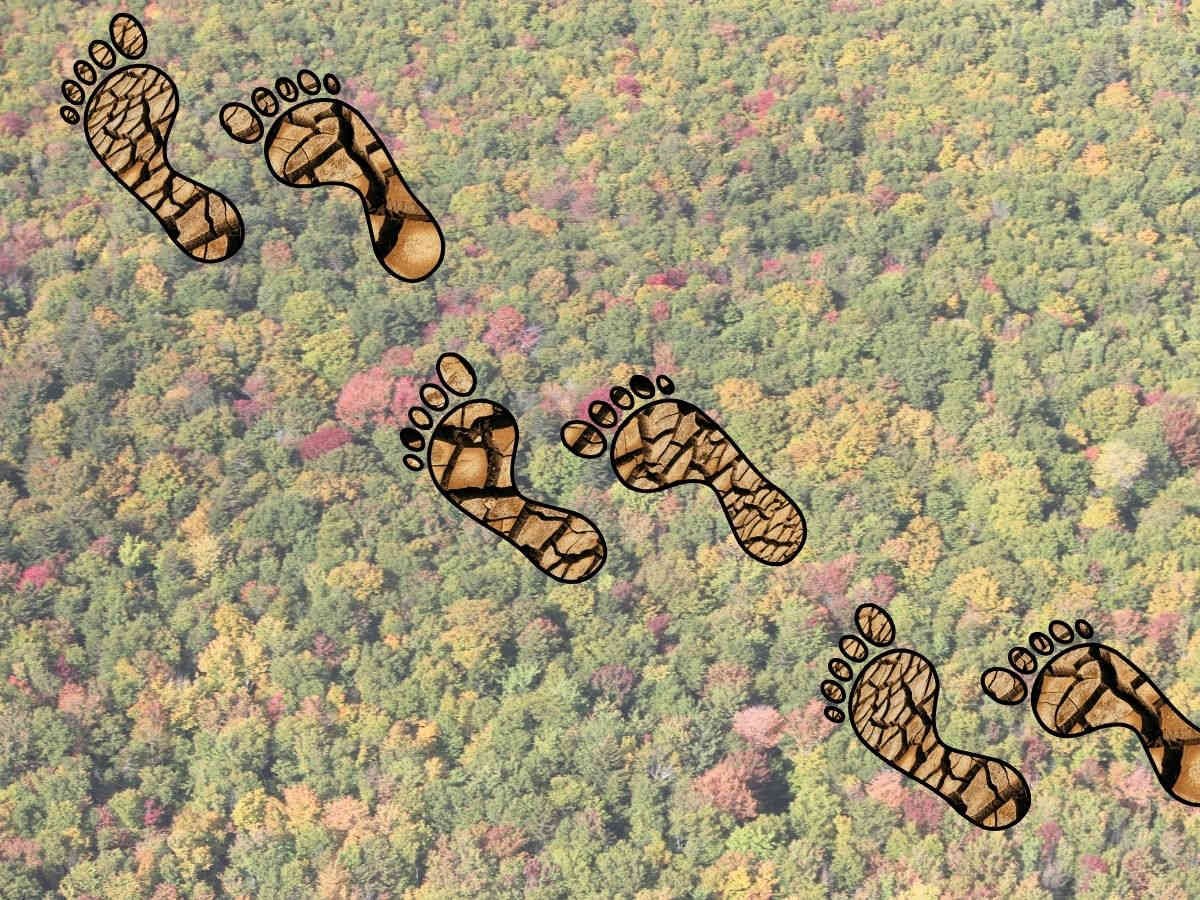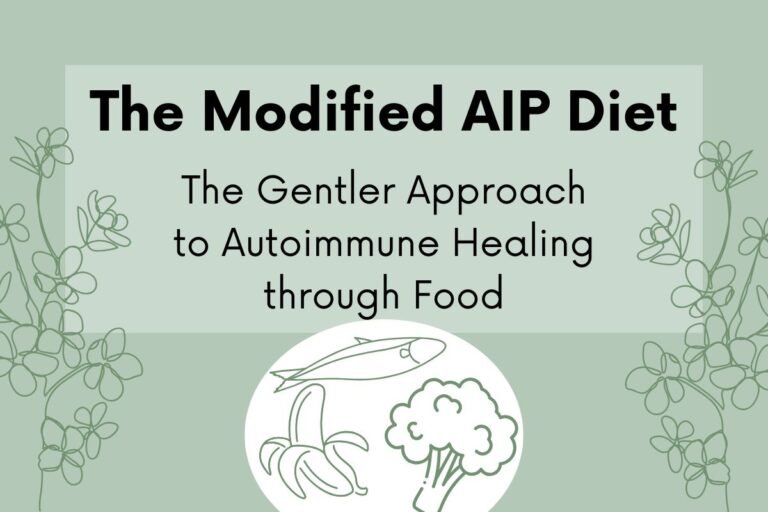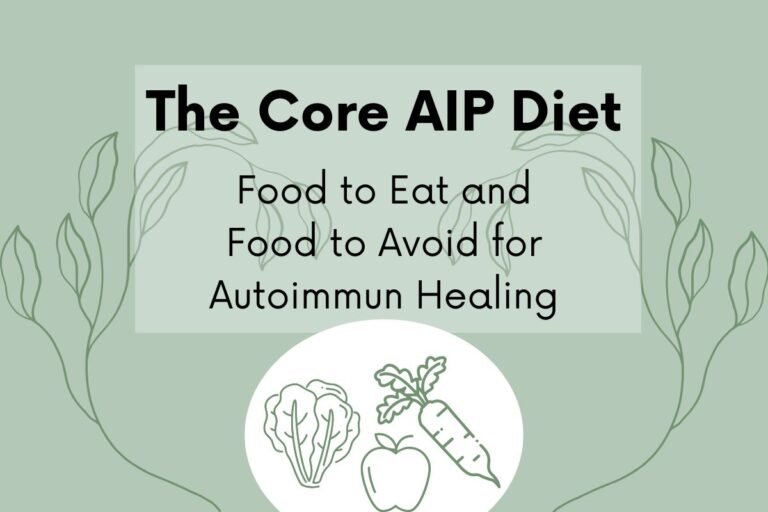What is an Ecological Footprint and why we should care
We are on a mission to reduce our ecological footprint, to live a more sustainable life. As I was doing a bit of research on how we can do more, I thought it would be fitting to help explain what this actually means. What is an ecological footprint, and why should we care?
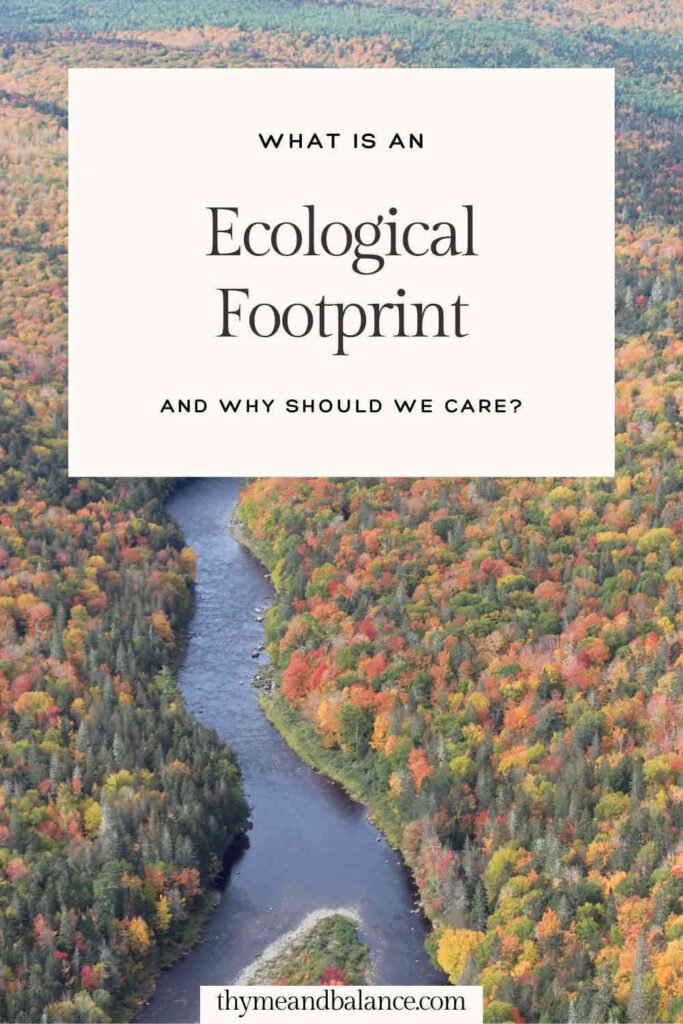
What is an ecological footprint?
The ecological footprint is a way of measuring how much land and natural resources we need to sustain our way of life. It takes into account all forms of natural resources we use, from the food we eat to the oil we need to fuel our cars, all the way to the waste we generate.
In a nutshell, it is a way of measuring our impact on the Earth’s ecosystems.
Our planet has a limited supply of natural resources. And we are using these faster than what the Earth can regenerate them.
The ecological footprint is a way to easily show us how much of those resources we are using. It works this out as a measure of ‘how many earths’ we would need to sustain our way of living.
Ecological footprints can be calculated for the entire World, for individual countries or business. And scarily enough, as of today, we would need 1.7 Earths to meet our every demand.
But what I love is that we can calculate our own individual footprint. This individual footprint gives you a proxy, which tells you that if everyone were to live the way you lived, how many Earths we would need.
You can play around with it to see how it would change if you made certain lifestyle changes.
It’s a little bit scary and depressing to see these numbers, and how great our impact is on the Earth’s ecosystems. But I feel it is important to know this, so we can make conscious decisions and efforts, to try and reduce our footprint.
What is Earth Overshoot Day?
Earth Overshoot Day is the term used to mark the day, on which we have used up all the Earth’s resources that the planet can renew, for that year.
For resources that can be renewed, think of the grass that needs to grow to feed the cows, the trees to grow to produce lumber, the fish to grow to be caught.
In simple terms, it looks at all the resources available globally, and divides it by the ecological footprint of the world.
For 2024, Earth Overshoot Day was on August 1st. Basically, it means that by August 1st, 2024, we had used all the resources, and we were ‘going into debt’. We were using resources that cannot be renewed as quickly as we use them.
Earth Overshoot Day is also calculated by country. For example, for 2024, for the United States it was March 13th and for Canada it was March 26th. Check out the link here to find your country’s Earth Overshoot Day.
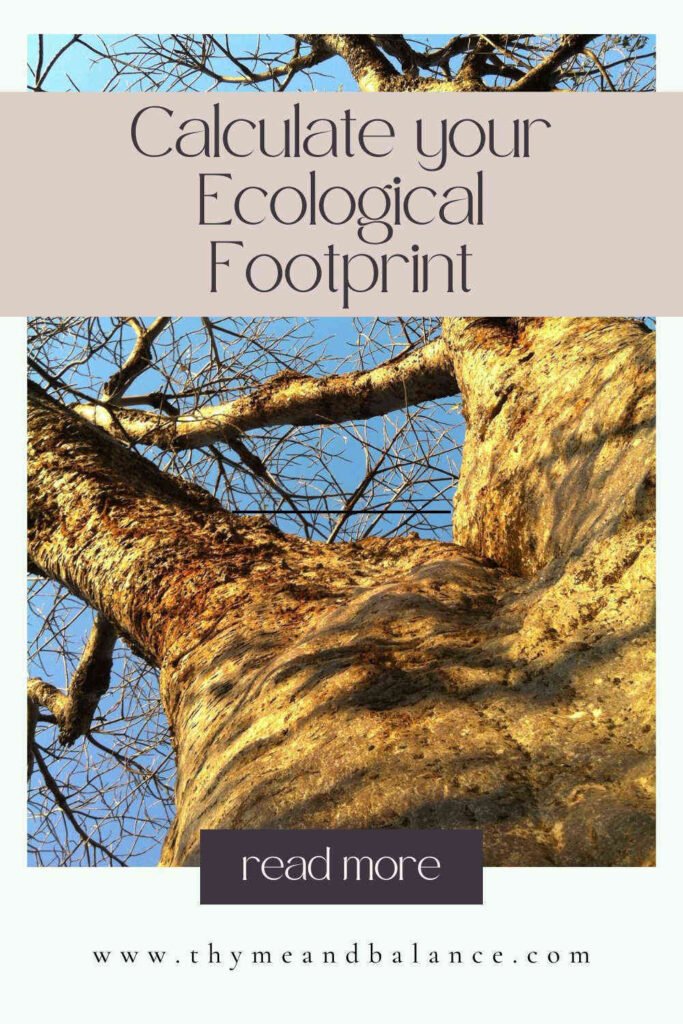
How is an ecological footprint calculated?
Ecological footprint calculations take into consideration several factors:
- Food Consumption: The type of food we eat plays a big role in determining our ecological footprint. In particular animal products. Meat production, especially beef, requires large amounts of land, water, and energy.
- Carbon Footprint, in particular carbon emissions. Think of it as activities that burn fossil fuels, for example coal for electricity, oil for transportation. The more energy-intensive our activities, the larger our carbon footprint.
- Housing and Transportation: The size of our homes, how they are built and the way we travel also play an important role. Larger homes generally need more energy to heat. And cars running on petrol and diesel contribute to pollution.
- Waste Production: As more waste is produced, especially non-recyclable or non-compostable waste, the footprint goes up. Recycling, reusing, composting, and reducing our consumption can help lower this number.
There is a simple online calculator to calculate your own ecological footprint. It is free, and does not need any personal details.
Give it a try, and see what it calculates for you. And if you want to share your number, please feel free to do so!
The calculator is here: https://www.footprintcalculator.org/
Under each step, there is a function where you can also provide more details, to fine tune it.
There are a bunch of other calculators too.
I was horrified when I calculated my ecological footprint. I know where I can improve on things, but I also know there are some things I cannot change. More about this below.
Why ecological footprints matter and why we should care?
Don’t look at the ecological footprint as only a number! It is a representation of the imbalance between what we use and the Earth’s ability to regenerate resources. Living beyond our means can have huge implications.
Here are some examples:
- Resource Depletion: Overusing resources like fossil fuels, water, and fertile agricultural land leads to shortages. As these resources dwindle, they become more expensive, and scarcity may create conflicts over access to them.
- Climate Change: The carbon emissions produced by our activities are a major driver of global warming. Rising temperatures, extreme weather events, and rising sea levels are all as a result of this imbalance. And the effects of many of these can already be seen worldwide. Look at the news on stories of wildfires, floods and super storms. They are becoming more and more frequent and more severe!
- Biodiversity Loss: Unsustainable resource extraction and pollution degrade natural habitats. Overexploitation to meet our ever increasing demand is causing irreparable damage and we are losing biodiversity at a scary rate. Look at fish stocks collapsing, pollinators under threat, these all have huge implications.
- Intergenerational Inequity: If we continue to consume these natural resources at this rate, future generations will inherit a planet that is less capable of sustaining life. The impacts of climate change and resource depletion will disproportionately affect those who have contributed the least to the problem.
How to reduce your ecological footprint:
Here are a few simple practical, low effort ways you can explore where you can make changes to reduce your ecological footprint.
- Buy Local: Buying products that are made locally, reduce your ecological footprint, as there is less travel required to bring the produce from the farm to your table. Support your local farmers markets and small businesses.
- Reduce red meat consumption: Consider reducing your meat consumption. Even if it is only one meal a week less. Small changes can make a big difference.
- Reduce electricity consumption: Switch off the lights and appliances (e.g. TV, radio) in the rooms that are unoccupied and unused. Where possible, switch to LEDs if you have not already done so.
- Reduce water consumption: For example, reduce the time in the shower by a minute. Switch the tap off while you brush your teeth
- Reduce waste: If you have the space in your garden, compost your kitchen scraps. This will also save you money not having to buy compost later. Read more here about why composting is important.
- Reduce, reuse and recycle: Reducing our consumption should be top of the list. Buy less stuff, especially the ‘nice to haves’ like that extra pair of shoes because they are pretty. Reusing is second in line. Consider thrift stores, regifting items in your local community. The Facebook “Buy Nothing” groups are great for this. And then of course recycle as best as you can!
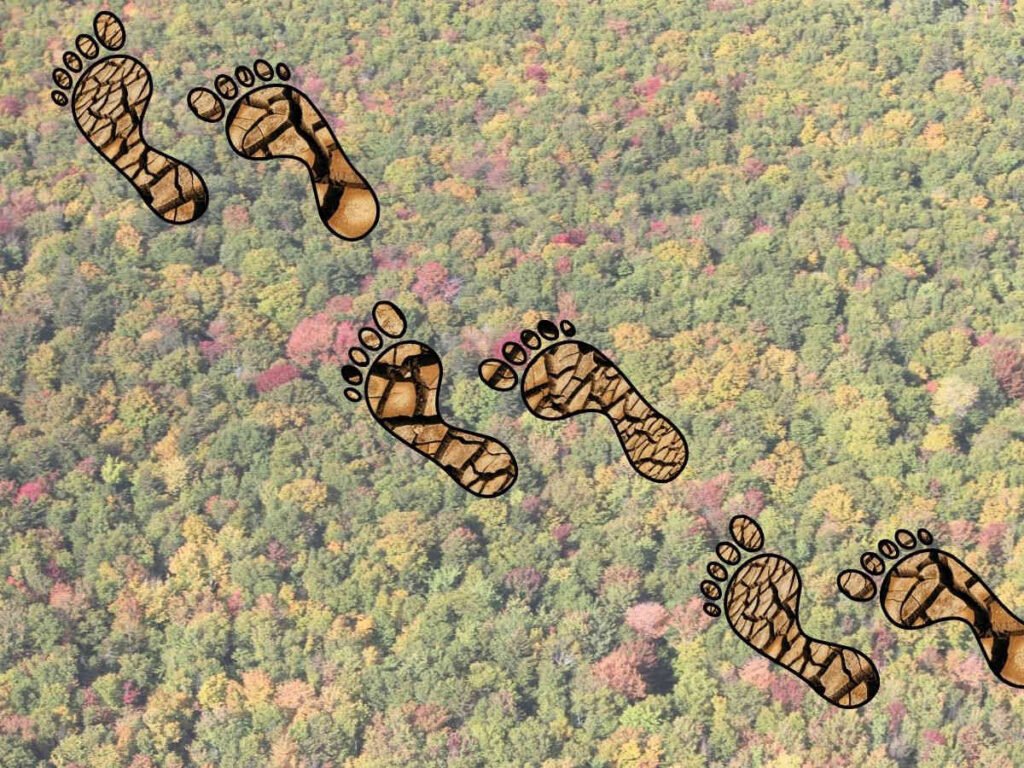
What we do to reduce my ecological footprint:
The results of my ecological footprint calculator are shocking and eye opening! I know why it is so bad, so allow me to unpack this a little bit:
- We live outside of town and I have to commute to my 9-5 job 3 days a week, that’s at least of 4 hours of commuting. There is no public transit I can make use of, so I have to drive into the office. I have tried carpooling with people that work in the office. I will keep trying to make this work.
- Our house is an old house and is not super energy efficient. As we renovate, we are making upgrades and energy efficiency is always on our mind! We have already done quite a few upgrades! We added some insulation and replaced some old drafty windows with more energy efficient ones.
- Another big one that pushes my calculator up is how we eat. Because I am on the autoimmune protocol (AIP) we eat meat with every meal. As soon as I start reintroducing foods, this will change. Once I can add other high protein foods, I will start reducing my meat consumption. Before my Hashimoto’s Thyroiditis diagnosis, we ate several vegetarian meals a week. We only ate meat perhaps 3 days a week.
- We focus a lot on reducing, reusing and recycling. We compost all our kitchen scraps and use the compost in our garden. Check out how we made composting an easy and low effort process. The only food waste that we throw out is meat products such as fat and bones. We save water wherever we can. While we wait for the water to heat up, we collect the water for our trees and vegetables. This we currently only do in the summer months. We buy a lot of our clothes from the thrift stores. And the list goes on.
- We are establishing a little food forest in our garden. The aim is to produce at least some of our own fruit and vegetables. Read about what we have already done to start this project in the garden updates I have provided for 2023 and 2024.
Together we can make a difference
I encourage you to calculate your ecological footprint. And then, identify areas where you can make small changes to help reduce your impact. Every small action adds up, and together, we can make a difference.
I would love it if you shared with us what you do to reduce your ecological footprint. This is a no judgement zone! Let’s work together and share our experiences!

